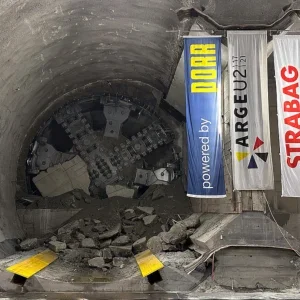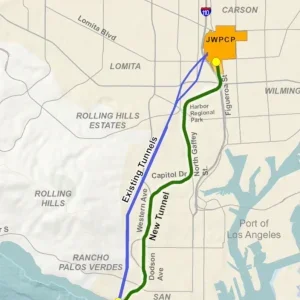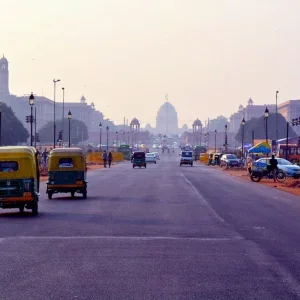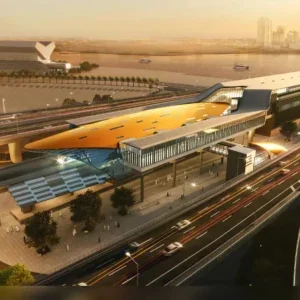Makkah Governor Prince Khaled Al-Faisal has given the green light to implement the project’s strategic plans, Makkah Mayor Osama Al-Bar said on 10 November.
The first project, an 11km metro line that begins in the Jamrat region in Mina, will move westward and run along the northern side of the Grand Mosque, King Abdul Aziz Road and Haramain Railway’s main station in Rusaifa, ending its course on the Makkah-Jeddah Expressway. This line will have seven stations, he said.
The second metro will set off from Madinah Road, north of Taneem Mosque, and move southward to reach the western side of the Grand Mosque. It will pass by King Abdulaziz Towers and Azizia Street before turning to Taif-Karr Road to reach Umm Al-Qura University. This 33-km line will have 15 stations.
Saad Al-Qadi, CEO of Makkah Trains Company, said three contracts would be awarded to carry out the first phase, which involves signing contracts for undertaking civil work, implementing control and signal systems and importing trains and carriages.
"We will begin procedures this week for the qualification of contractors to award contracts in the first quarter of 2014," Al-Qadi said.
Most of the first metro line and part of the second line will operate through underground tunnels.
Higher authorities have already approved the Makkah transport project, which includes four metro lines spanning 114km with 88 stations and a fast-track bus service network. These projects are projected to drastically improve pilgrim transportation around the city.
Al-Bar said the first phase, which costs around SAR 25.5bn (USD 6.8bn), will begin by the middle of next year and would take three years to complete.
Al-Balad Al-Ameen, a company owned by the Makkah Mayoralty, conducted a technical study on the metro system, which would be implemented by the Makkah Trains Company.
Systra, a French consultancy firm, and BW Engineers from Germany, are also involved in the project.
The bus service will be integrated with the metro system, Al-Bar said, adding that a speedy bus service would link various parts of the city, covering 60 km with 60 stations. There will be a local bus service provided to areas not covered by the metro and speed bus network.
In addition, there will be feeder bus services for the metro system. The huge transport project is to be completed within 10 years in three phases.







